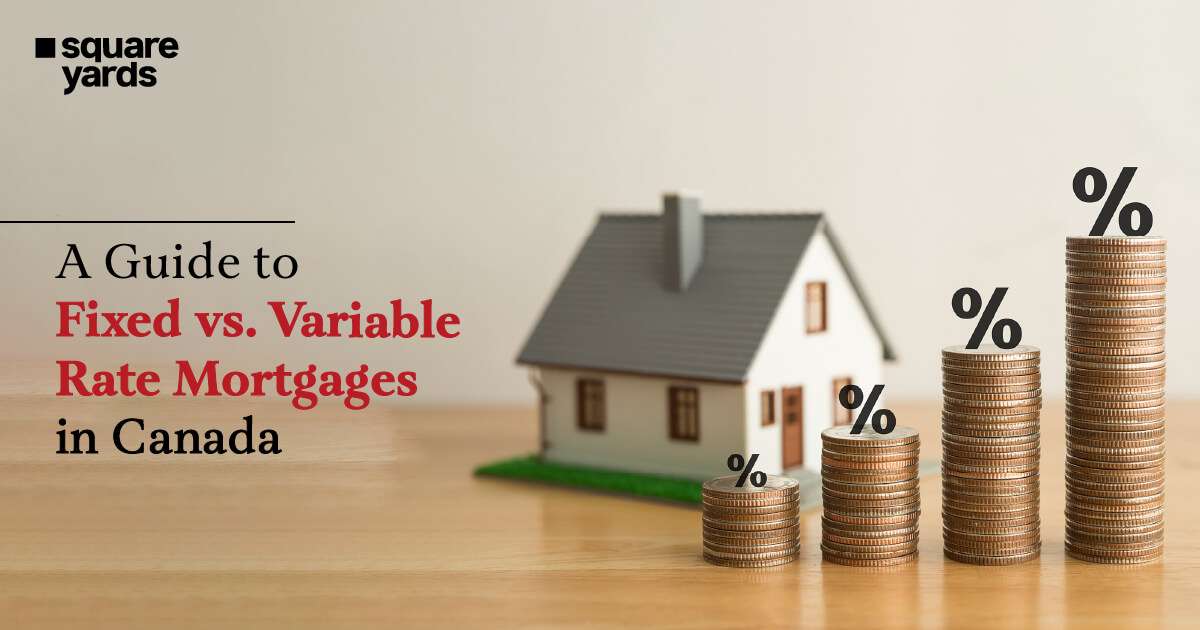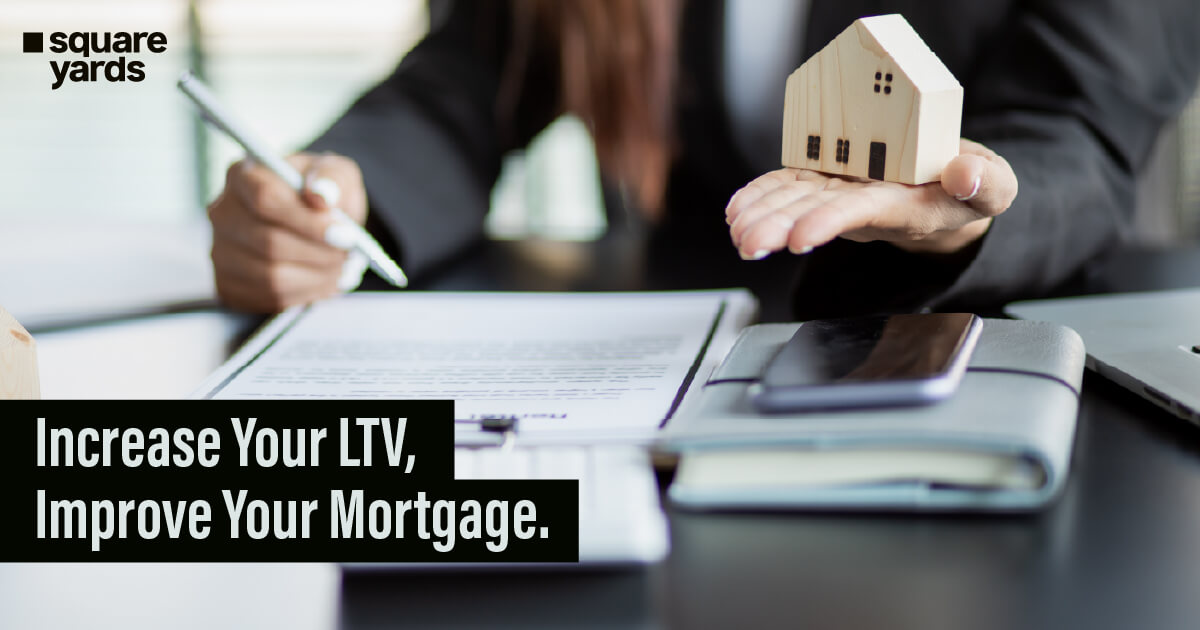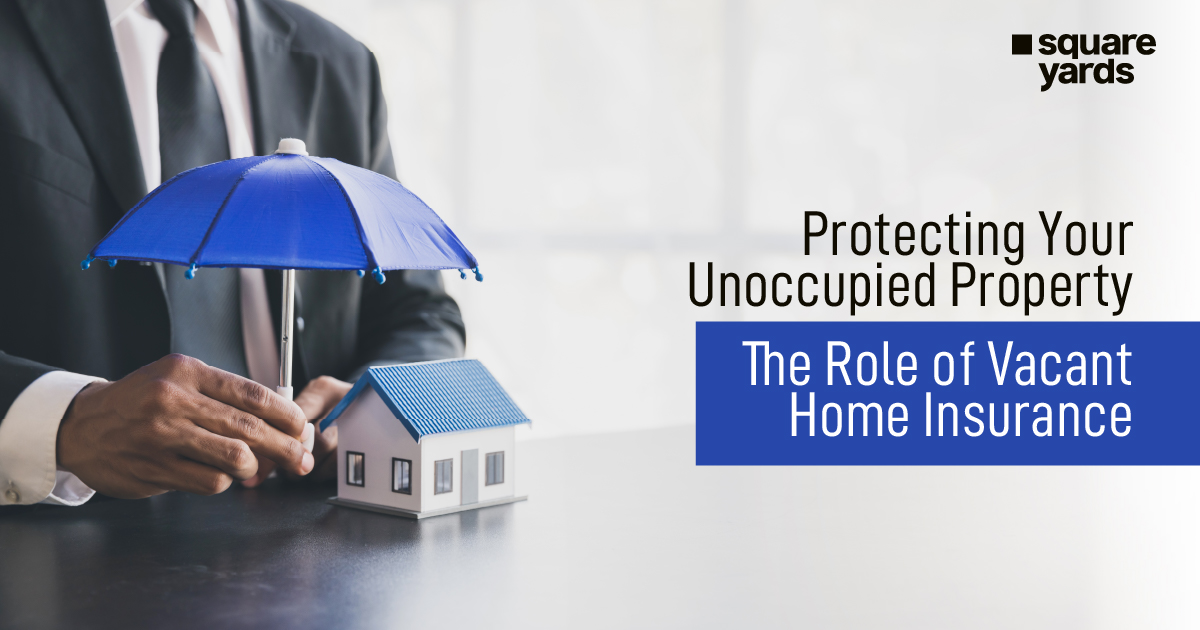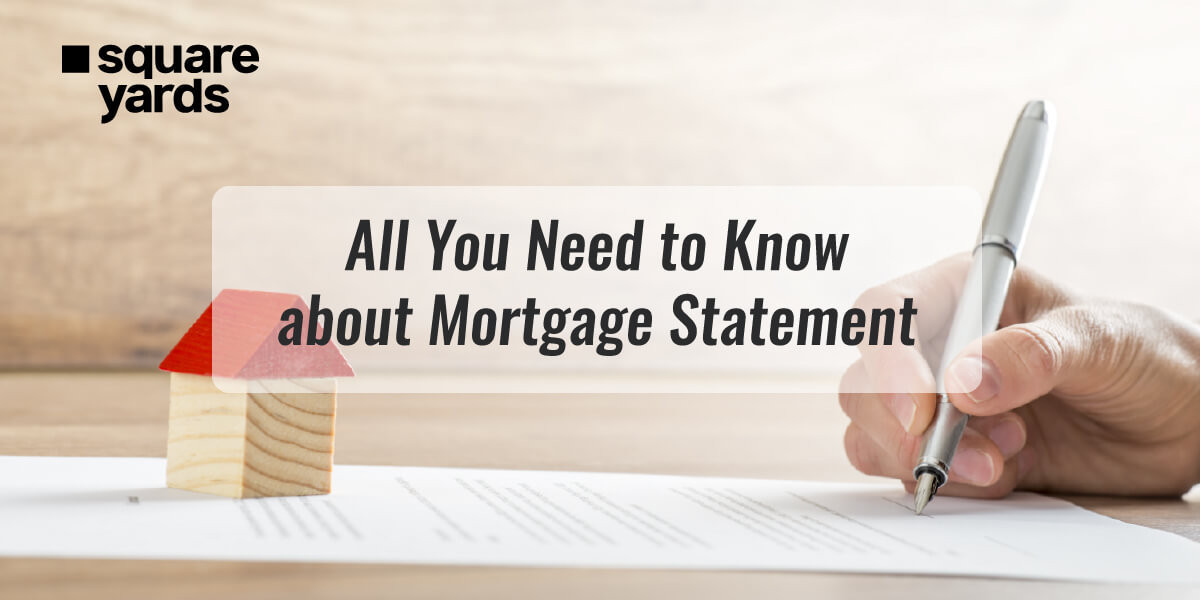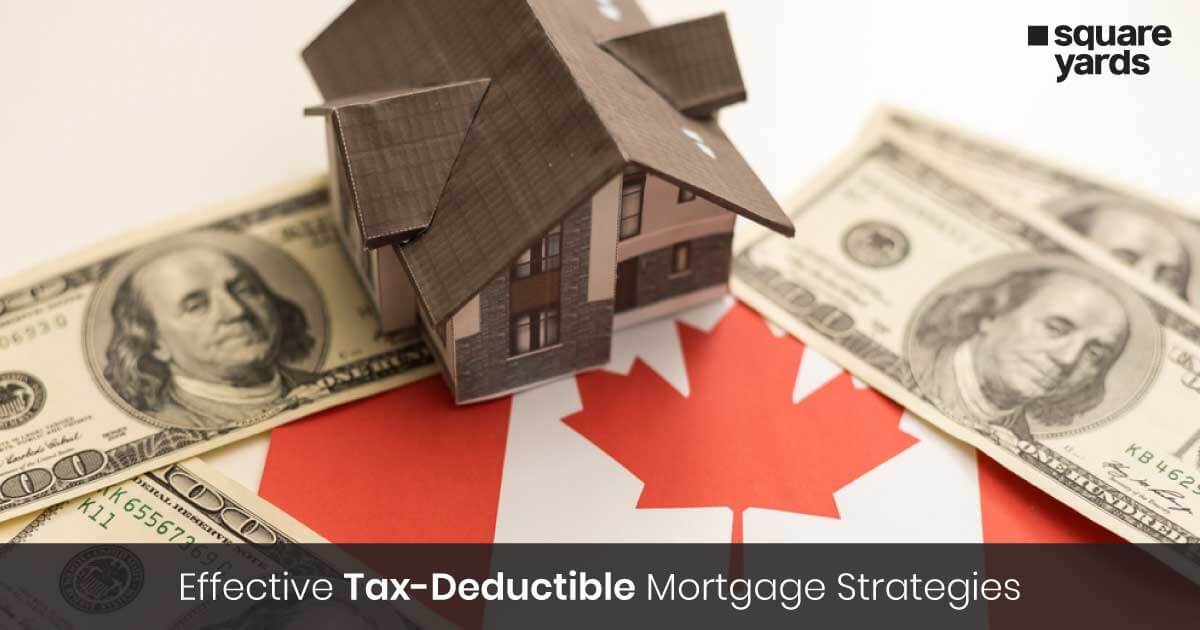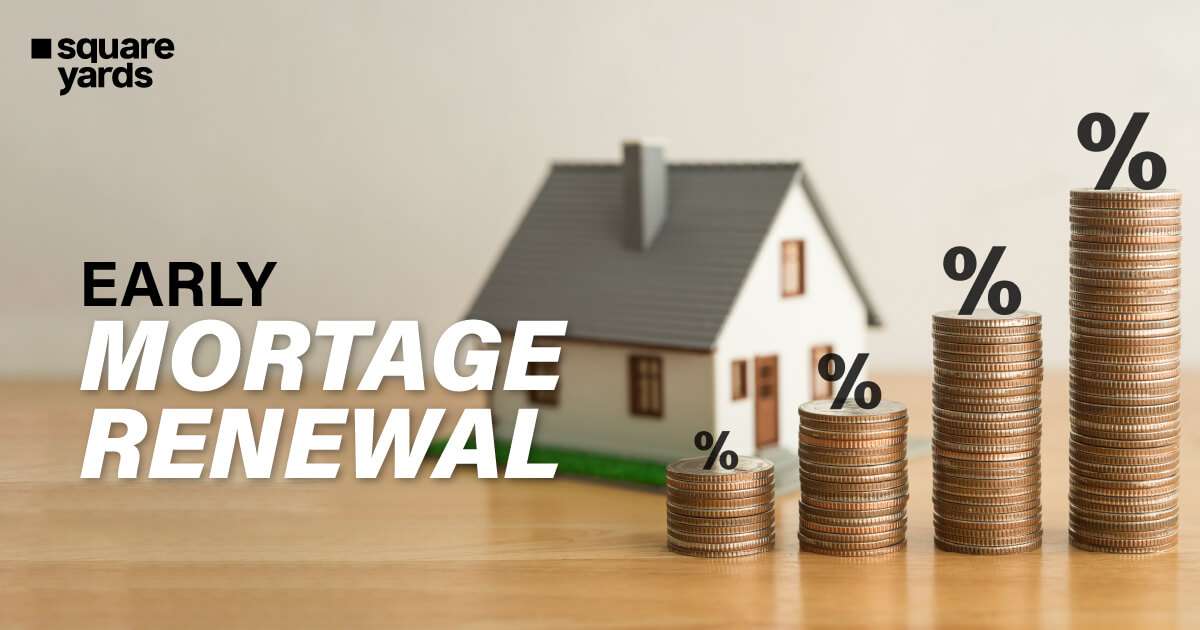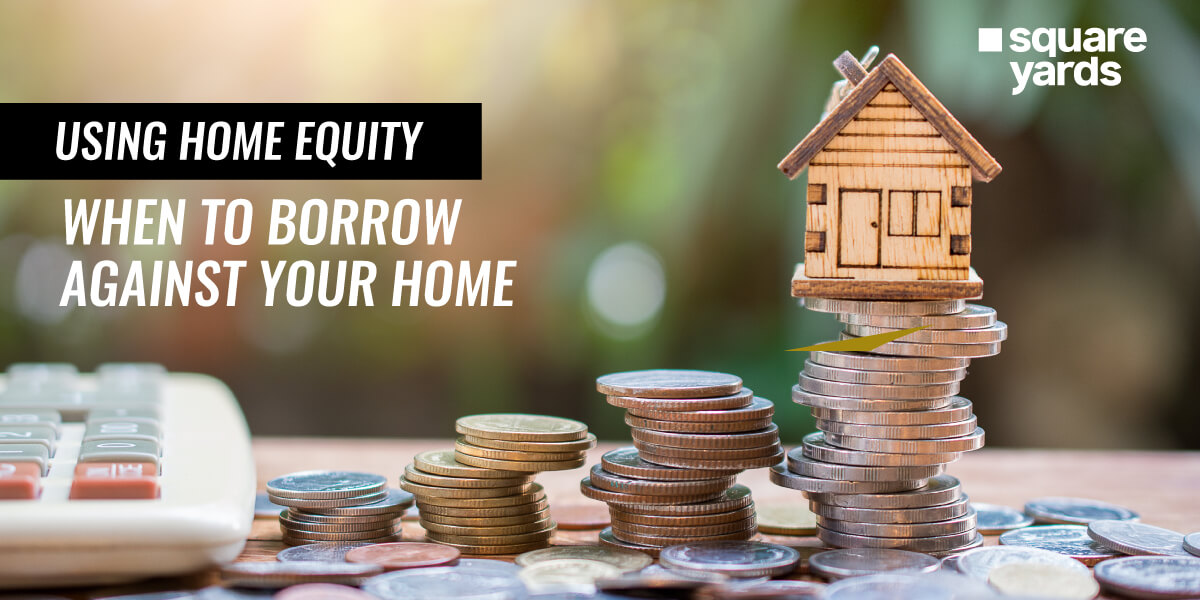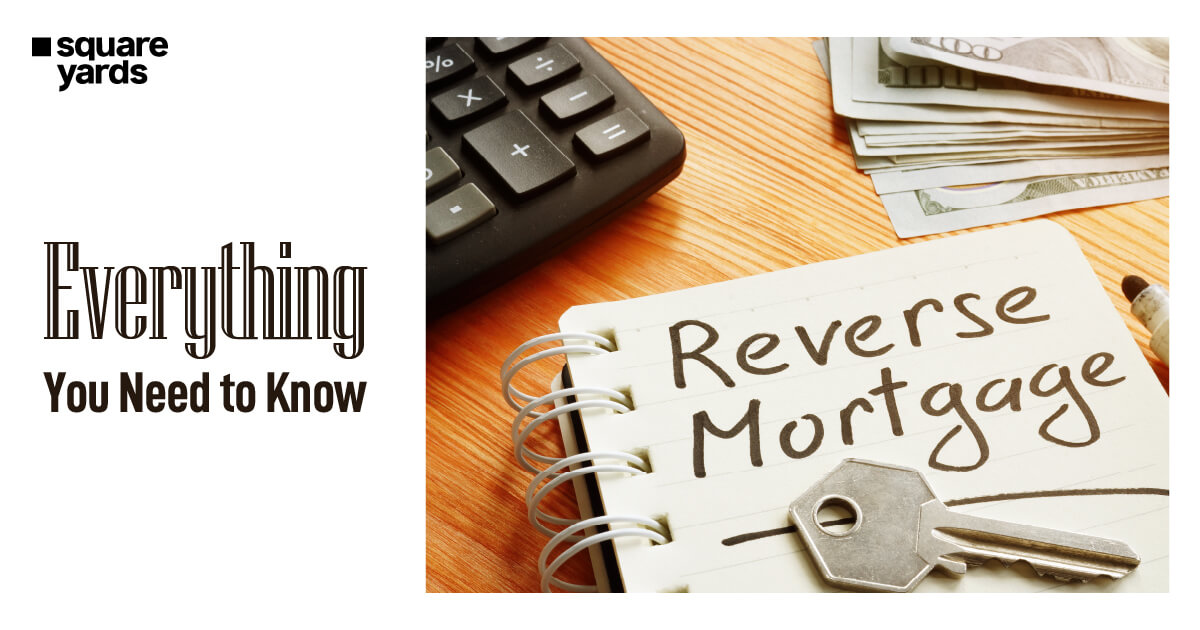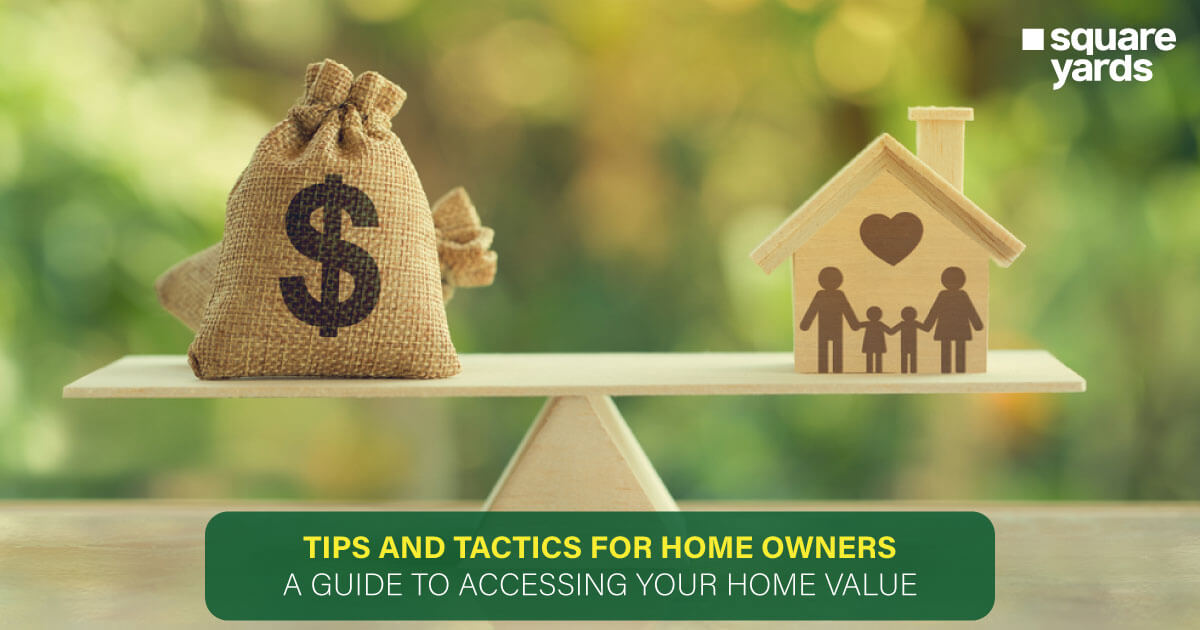The secret to your financial future lies in the diabolical realm of mortgages, where interest rates are the deciding factor. The choice between fixed and variable interest rate mortgage beckons as you start your road towards homeownership, tantalizing you with claims of security or possible savings. Join us as we thoroughly explore these two mortgage choices’ complexities, advantages, and drawbacks. This book will provide you with the knowledge you need to make an informed decision and negotiate the complex process of buying your ideal house, whether you long for the unchanging certainty of fixed rates or dare to dance with the constantly shifting tides of variable rates.
Fixed and Variable Mortgages: Contrast

When considering your mortgage interest rates, there are a few distinctions between fixed and variable interest rate mortgage. Fixed interest rates are set and remain unchanged throughout the duration of your mortgage. Typically, this duration is around 5 years, although it may vary depending on your chosen lender.
However, a variable rate mortgage operates differently. Variable rates are usually slightly lower than fixed rates, but they fluctuate over the course of the mortgage. These changes align with the bank’s prime rates. This introduces a small element of risk, prompting you to research before opting for a variable mortgage. While rates can decrease with a variable mortgage, they can also increase. Consequently, the payment you initially agreed upon will be subject to change based on the current prime rates.
What is Fixed Rate Vs. Historical Variable Rate Mortgages?
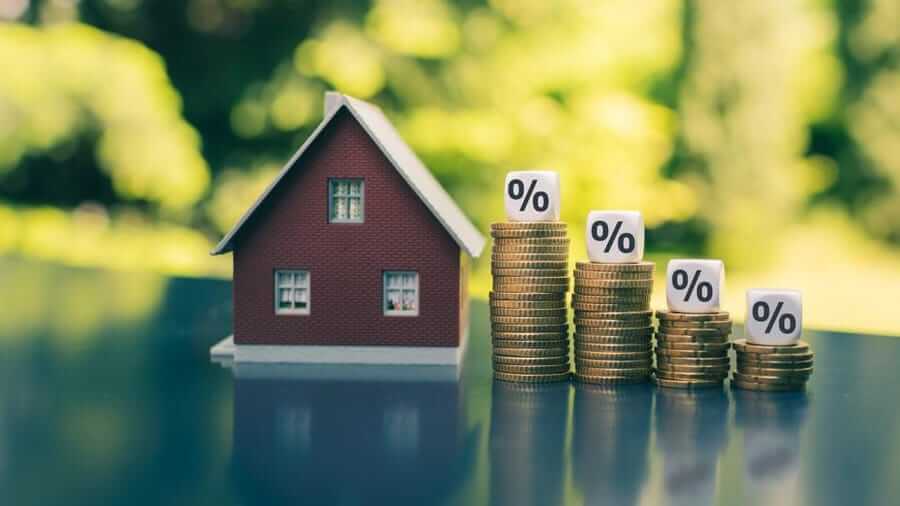
It has always been difficult when choosing between fixed-rate mortgages and variable rates mortgages. While choosing between these two, one must consider these points:
|
Types of Interest |
Positive Terms |
Negative Terms |
|
Fixed Interest Rates |
Your payment remains constant for a fixed-rate mortgage. You won’t need to be concerned about your payment changing. |
A fixed term may cost you significantly more than a variable term. |
|
Variable Interest Rates |
With a variable mortgage, you frequently wind up paying significantly less interest over the course of the loan. This often lasts for 25 years. |
If prime rates rise dramatically, your short-term payments may be significantly higher. |
Recent Fixed Vs. Recent Variable Rate Mortgages?
Although historically, fixed-rate mortgages have typically become more expensive than variable-rate mortgages, the current disparity between fixed and variable rates is minimal. At most, the difference is only about half a percentage point. In addition, considering that prime rates are still rising to counter the existing inflation rates, opting for a fixed-rate mortgage might be more advantageous. Nevertheless, it’s important to note that with a fixed-rate mortgage, you are only committed for a specific term, typically 3 to 5 years. Once it’s time to refinance, you can switch from a fixed rate to a variable rate. If you already have a variable rate mortgage or decide to change to one at any point, it’s recommended to consult with your lender to confirm if you have the option to lock in your variable rate.
Locking in Fixed Mortgage Rates

Some mortgage lenders offer the flexibility to lock in your variable rate at any point during the mortgage term. This option becomes appealing if prime rates experience a significant increase with no relief expected in the near future. Additionally, if your payments are reaching a level where they might become unaffordable, it’s worth considering this alternative. Given the current surge in inflation and prime rates, many homeowners are opting to refinance or secure their variable mortgages by locking in a fixed rate. This is primarily because the escalating interest rates render variable mortgages financially burdensome for some individuals. Variable rates typically don’t undergo such substantial fluctuations as they are presently experiencing, underscoring the benefits of locking them in. While the usual discrepancy between variable and fixed-rate mortgages is several percentage points, presently, the difference is only half a percentage point or even less.
Know How Do Payments on Variable Mortgages Work
Depending on the lender you choose, there are two variations of how variable mortgage payments can function. The first scenario entails mortgage payments that fluctuate based on the prevailing interest rates. There is no fixed amount in this case, and the payments vary accordingly. If you have the financial capacity, variable mortgages have the potential to save you money over time. Still, it ultimately depends on the current rates compared to fixed rates and whether it is the most sensible option.
Alternatively, some lenders offer a different approach where you can obtain a variable mortgage with consistent payments. Still, the ratio between interest and principal will adjust as the interest rate changes. Under this arrangement, your monthly mortgage payments remain unchanged unless the cost of interest exceeds the predetermined payment. Only then would an increase in payment occur.
Mortgages with Variable Rates May Fluctuate
Predicting the timing of rate and payment changes is challenging regarding a variable interest rate mortgage. The frequency of adjustments could be monthly, every 6 months, or even annually. It all hinges on the fluctuations in prime interest rates. These ups and downs historically contributed to variable interest rates being generally cheaper than fixed rates. Whether interest rates rise or fall, they balance out over time.
Changing a Mortgage from a Variable Rate to a Fixed Rate
it is indeed possible to convert your mortgage from a fixed rate to a variable rate. Given the significant surge in interest rates, many Canadians are considering this option to prevent their mortgage from becoming unaffordable. Presently, prime rates stand at 7.20% and are expected to rise further in the coming months and throughout 2023. The first alternative for locking in your interest rate or switching from a variable mortgage is to convert it into a fixed mortgage. Contacting your current mortgage lender is required to initiate this process. However, it’s important to note that by doing so, you will be locked in for the remaining term of your mortgage at the prevailing fixed interest rates. For instance
if you are three years into a five-year term, you must lock in the interest rate for the remaining two years. In most cases, switching within the same lender will likely not incur any penalties. The second option is to refinance for another term, which allows you to explore different lenders for the best rates. However, ending your mortgage early in this manner would entail paying a penalty. Additionally, refinancing a mortgage may involve additional fees. It is also possible that despite the efforts, you may not secure a better rate and still be penalized.
Lastly, you can choose to wait and assess the situation. In some cases, it may be more advantageous for you to retain your variable mortgage rather than locking in a fixed rate or refinancing. The decision hinges on factors such as your ability to make payments and whether it would be more cost-effective in the long run. Additionally, the remaining mortgage term and the outstanding balance will significantly impact your decision-making process.
Mortgages: Open and Closed
Another factor that can impact your choice when deciding between a fixed or variable mortgage is whether the mortgage is classified as “closed” or “open.” An open mortgage allows additional payments towards the principal whenever desired, without incurring penalties. On the other hand, a closed mortgage imposes restrictions on the amount you can put towards the principal each year without facing penalties.
Additionally, the ability to refinance differs between open and closed mortgages, regardless of whether they are fixed or variable. With an open mortgage, you can refinance at any time without penalties. Although open mortgages typically come with slightly higher interest rates, the advantage of refinancing at any time can result in savings when interest rates begin to rise. In contrast, a closed mortgage offers a lower interest rate, but you will face penalties if you decide to refinance early.
Which Choice Is Better Overall? Fixed or Variable?
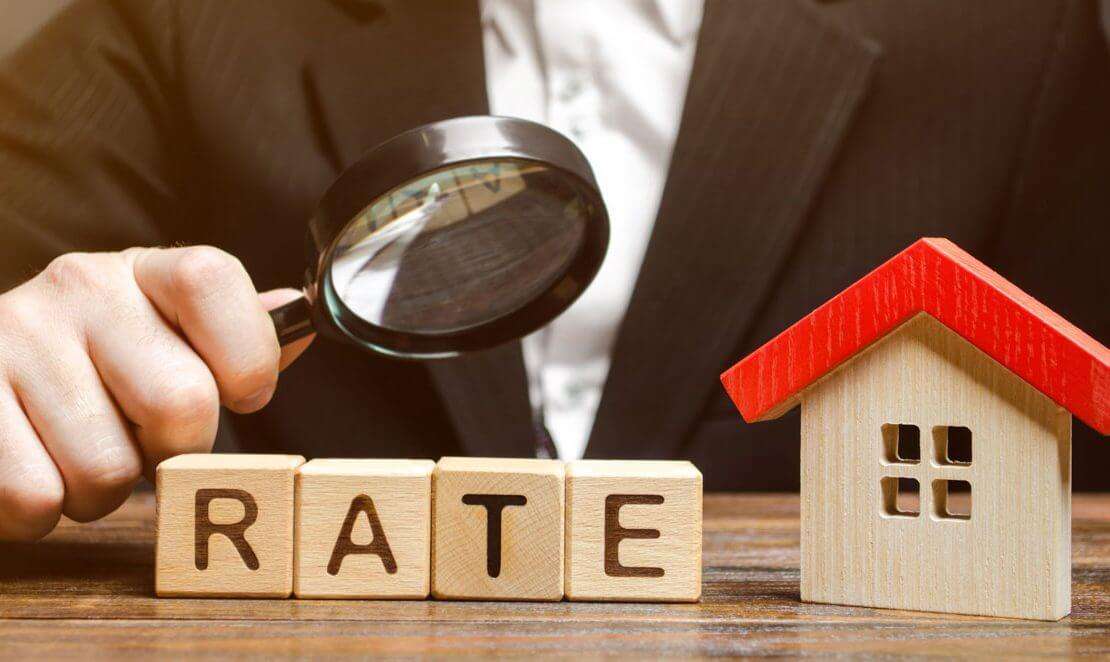
When deciding which mortgage interest rate is most suitable for you, it is essential to consider both the short-term and long-term perspectives. In the current mortgage market, obtaining a mortgage has become more challenging due to the mortgage stress test. If you manage to secure a mortgage, it is likely because you have factored in potential interest rate increases. However, it’s important to note that interest rates are currently rising rapidly, regardless of whether you choose a variable or fixed rate. Therefore, it is crucial to account for high-interest rates and home prices.
Instead of solely focusing on your monthly payments, it is advisable to consider the projected changes in interest rates and the overall impact they could have on your total mortgage. Remember that you are only locked into a mortgage for a few years. You can make changes or choose a different option when you refinance. It is important to recognize that your life and circumstances will continue to evolve, so your choices may not remain the same as they were in the past and could differ in the future. Given the current economic conditions, interest rates are higher than in many years, making this decision more challenging. Consider the overall interest rates, evaluate whether a locked-in payment is the best option for your financial situation, and consider the remaining balance on your mortgage. This approach will assist you in making the most informed decision that aligns with your financial circumstances.
Wrapping Up
The mortgage market is always changing, so today’s best decision might not be the best tomorrow. Keep yourself informed, periodically evaluate your condition, and seek out professionals as required. Discover the mortgage that matches your goals and opens the path for a safe and prosperous future as you embark on your journey to homeownership, equipped with information and a critical eye.
You May Also Read
|
Guide To HELOC in Canada |
|
|
All About Mortgage Renewal |
|
|
Know About Canada Student Loan |
|
|
Understand Vacant Land Mortgage |
Frequently Asked Questions (FAQs)
A variable rate is preferable when interest rates are on the decline. However, if market conditions change and interest rates rise, there is a danger of subsequently increased interest assessments at high rates.
The biggest downside of variable-rate mortgages is if prime rates rise dramatically, your short-term payments may be significantly higher. Is variable rate better than fixed Canada?
What is the biggest downside to variable-rate loans?

